Peripheral nervous system
Recent articles
Crafting tales of science with Theanne Griffith
A lifelong passion for writing helped the neuroscientist land a book deal and publish 15 chapter books for early readers, covering topics ranging from what the cerebellum does to how a cake bakes.

Crafting tales of science with Theanne Griffith
A lifelong passion for writing helped the neuroscientist land a book deal and publish 15 chapter books for early readers, covering topics ranging from what the cerebellum does to how a cake bakes.
Touch sensors detect subtle environmental vibrations, send information to auditory midbrain
Pacinian corpuscles sense high-frequency vibrations from meters away and send the information to a different circuit than other touch signals, according to a pair of new studies.
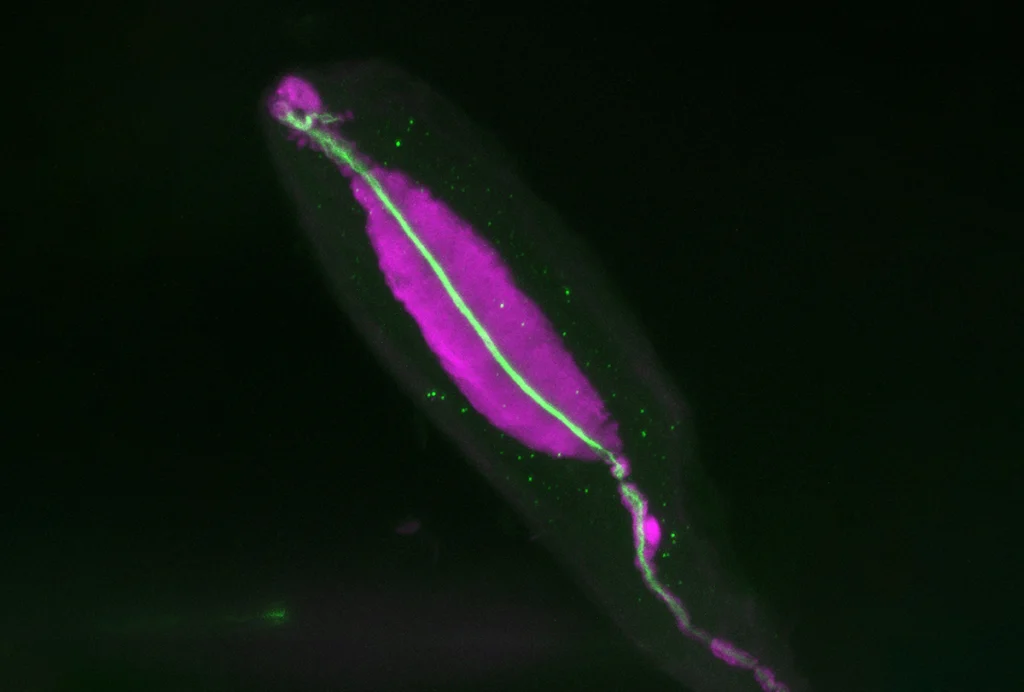
Touch sensors detect subtle environmental vibrations, send information to auditory midbrain
Pacinian corpuscles sense high-frequency vibrations from meters away and send the information to a different circuit than other touch signals, according to a pair of new studies.
Supersized version of Alzheimer’s protein avoids clumping in brain
“Big tau” may explain why some brain regions, such as the cerebellum and brainstem, are largely spared from neurodegeneration, even though tau is expressed throughout the nervous system.
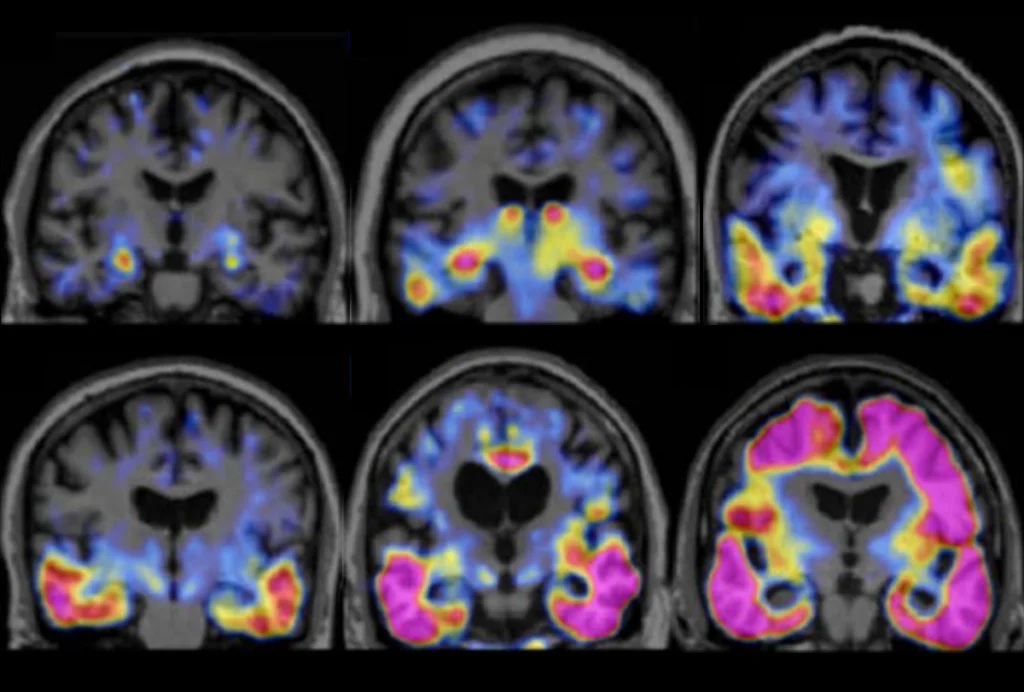
Supersized version of Alzheimer’s protein avoids clumping in brain
“Big tau” may explain why some brain regions, such as the cerebellum and brainstem, are largely spared from neurodegeneration, even though tau is expressed throughout the nervous system.
Opioid receptors may guide formation of gut nervous system in zebrafish
Fish lacking functional copies of the receptors have fewer enteric neurons than usual, but the findings await further validation.
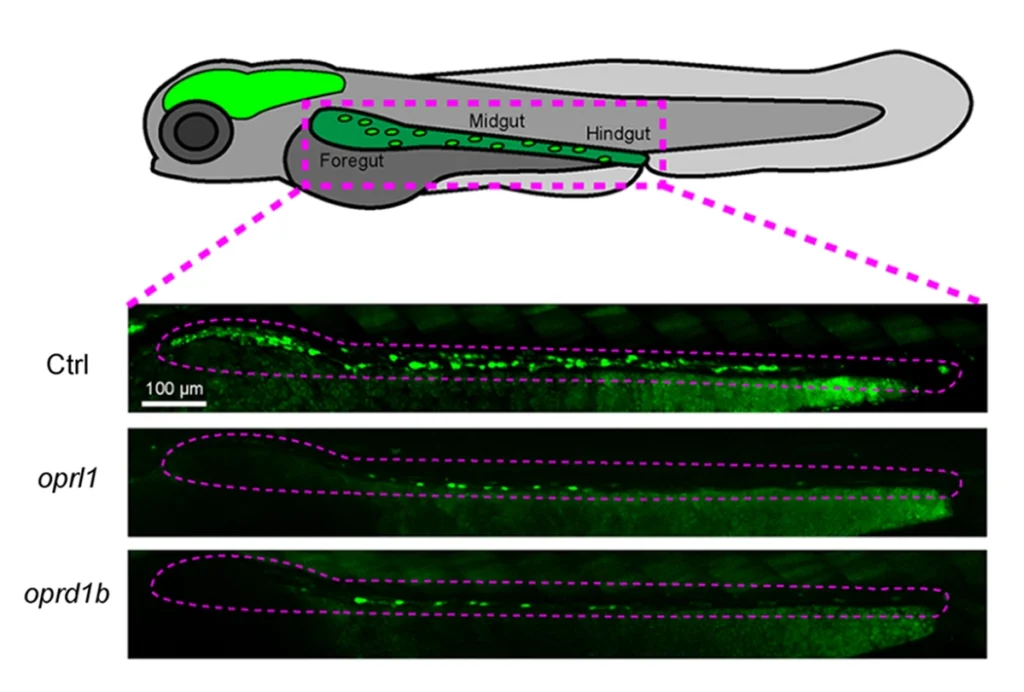
Opioid receptors may guide formation of gut nervous system in zebrafish
Fish lacking functional copies of the receptors have fewer enteric neurons than usual, but the findings await further validation.
Faked results lead to retraction of high-profile cancer neuroscience study
An investigation found that the experiments required more animals than the scientists had purchased.

Faked results lead to retraction of high-profile cancer neuroscience study
An investigation found that the experiments required more animals than the scientists had purchased.
The question of regeneration—an excerpt from ‘Periphery: How Your Nervous System Predicts and Protects Against Disease’
In his recent book, Moses Chao makes the case that the peripheral nervous system can warn of future illnesses.
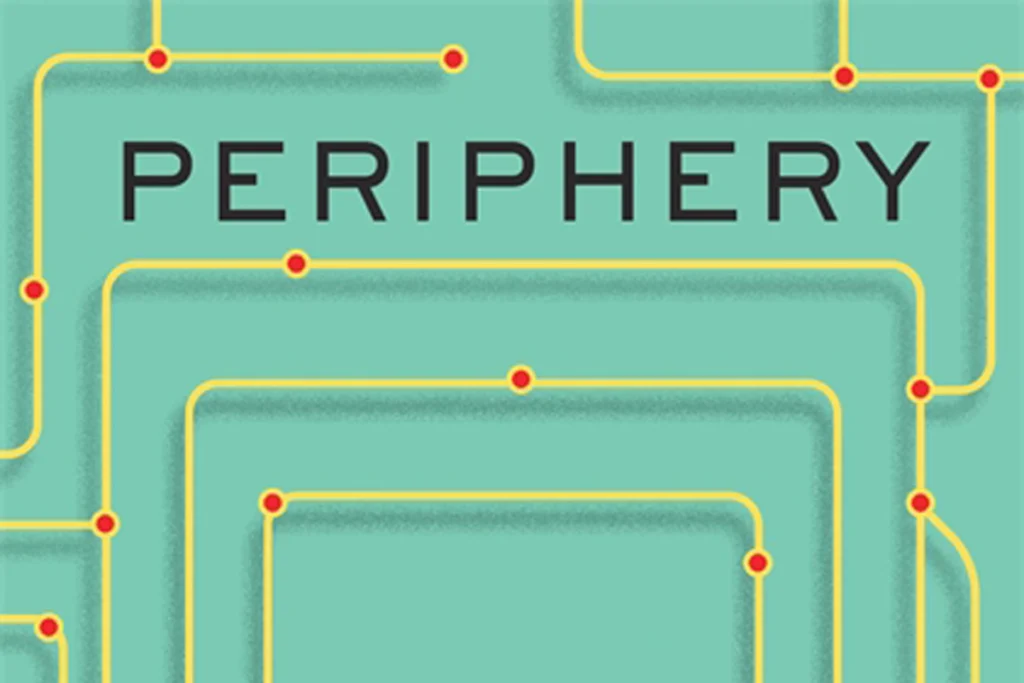
The question of regeneration—an excerpt from ‘Periphery: How Your Nervous System Predicts and Protects Against Disease’
In his recent book, Moses Chao makes the case that the peripheral nervous system can warn of future illnesses.
Autism-linked genes shape touch processing through different mechanisms, at different times
Whereas some mice display hypersensitivity to touch only as adults, others respond that way from birth.
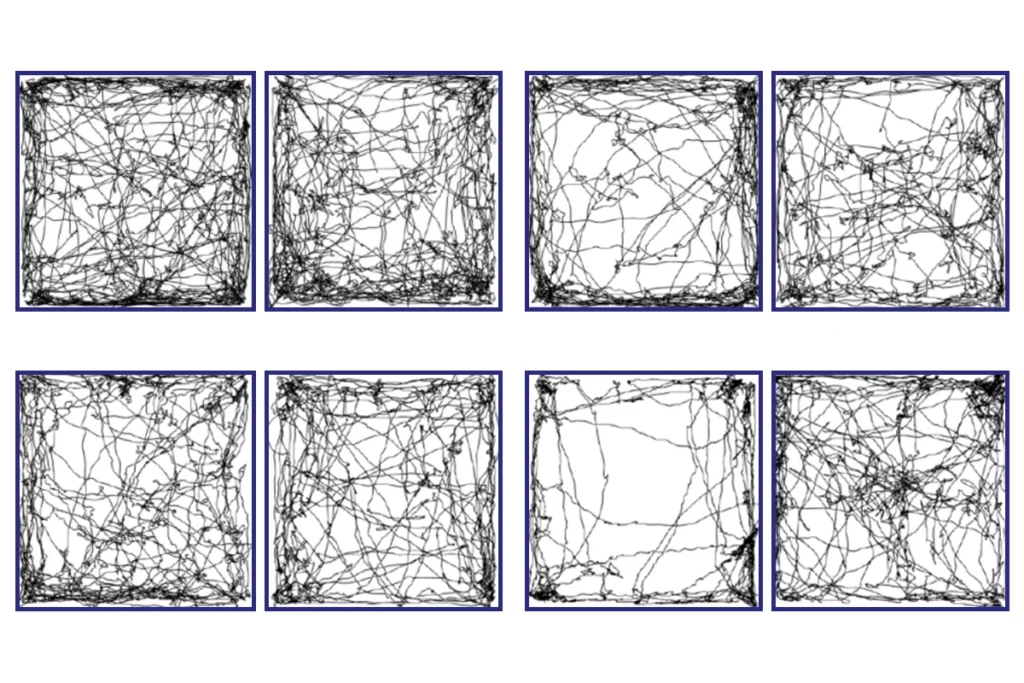
Autism-linked genes shape touch processing through different mechanisms, at different times
Whereas some mice display hypersensitivity to touch only as adults, others respond that way from birth.
Going deep: The Transmitter’s top long-form stories in 2023
Our favorite features and book excerpts from the past year delved into the neurobiology of cancer; problems with survey data; free will; mathematical minds; and questions around one startup’s quest to treat brain conditions with cell therapies.
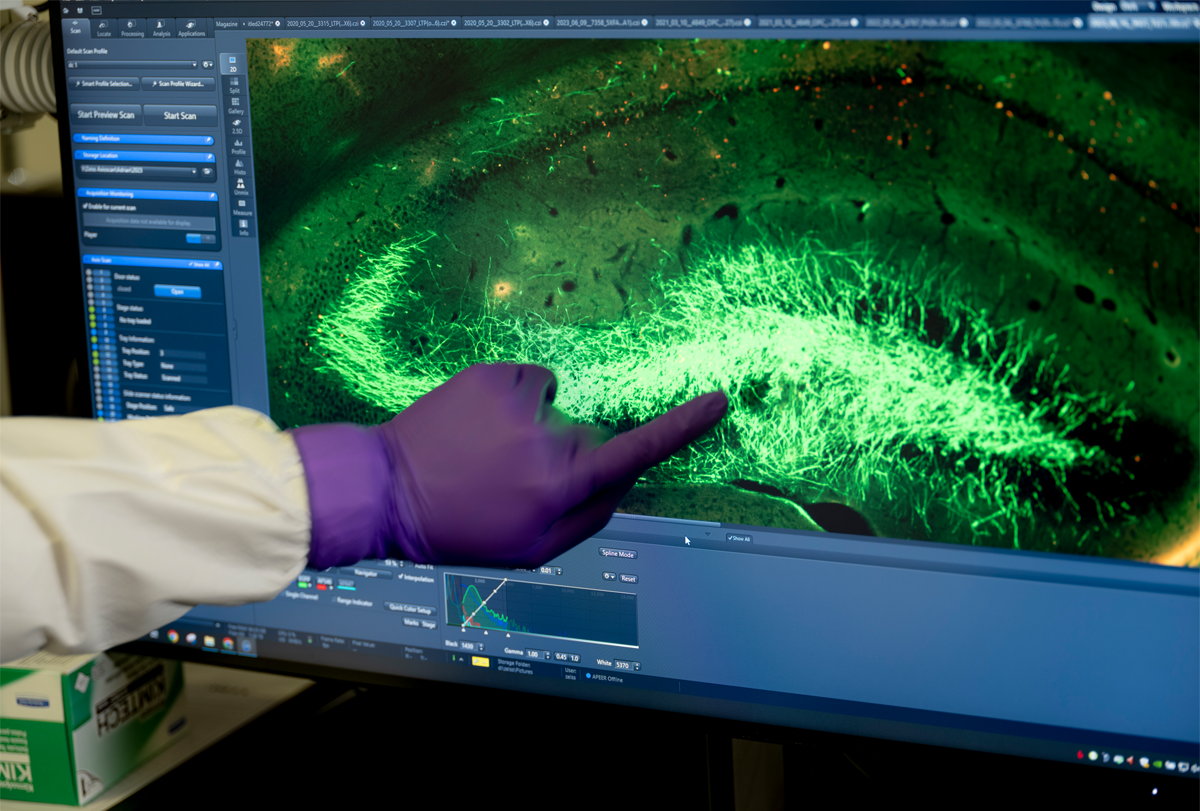
Going deep: The Transmitter’s top long-form stories in 2023
Our favorite features and book excerpts from the past year delved into the neurobiology of cancer; problems with survey data; free will; mathematical minds; and questions around one startup’s quest to treat brain conditions with cell therapies.
Explore more from The Transmitter
During decision-making, brain shows multiple distinct subtypes of activity
Person-to-person variability in brain activity might represent meaningful differences in cognitive processes, rather than random noise.

During decision-making, brain shows multiple distinct subtypes of activity
Person-to-person variability in brain activity might represent meaningful differences in cognitive processes, rather than random noise.
Basic pain research ‘is not working’: Q&A with Steven Prescott and Stéphanie Ratté
Prescott and Ratté critique the clinical relevance of preclinical studies in the field and highlight areas for improvement.

Basic pain research ‘is not working’: Q&A with Steven Prescott and Stéphanie Ratté
Prescott and Ratté critique the clinical relevance of preclinical studies in the field and highlight areas for improvement.
Proposed NIH budget cut threatens ‘massive destruction of American science’
A leaked draft of a Trump administration proposal includes an approximately 40 percent cut to the National Institutes of Health’s budget and a major reorganization of its 27 institutes and centers.

Proposed NIH budget cut threatens ‘massive destruction of American science’
A leaked draft of a Trump administration proposal includes an approximately 40 percent cut to the National Institutes of Health’s budget and a major reorganization of its 27 institutes and centers.